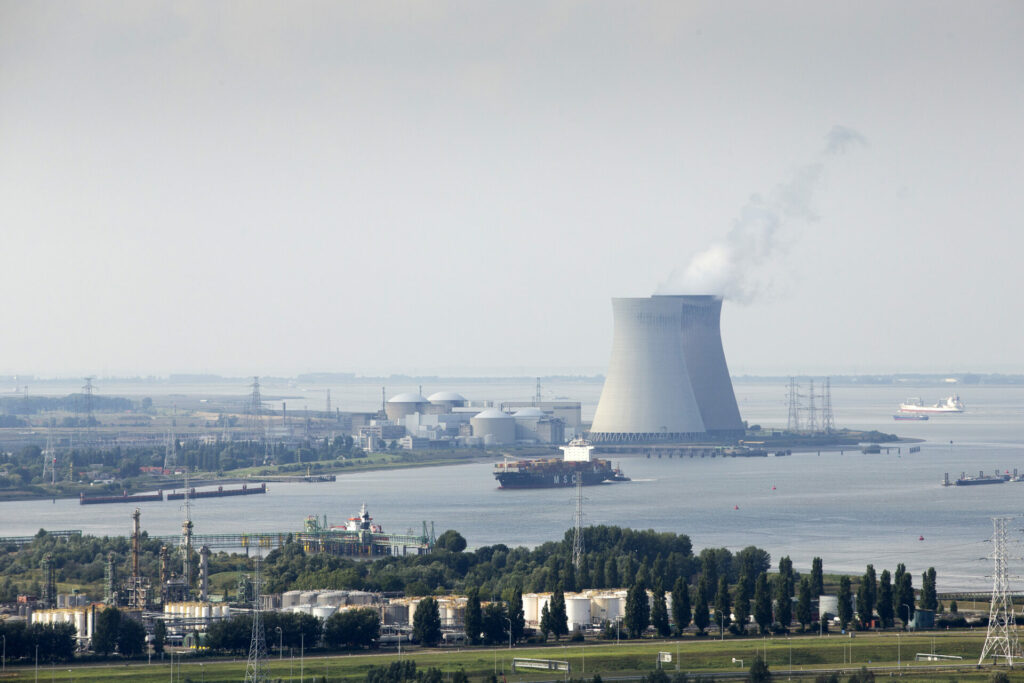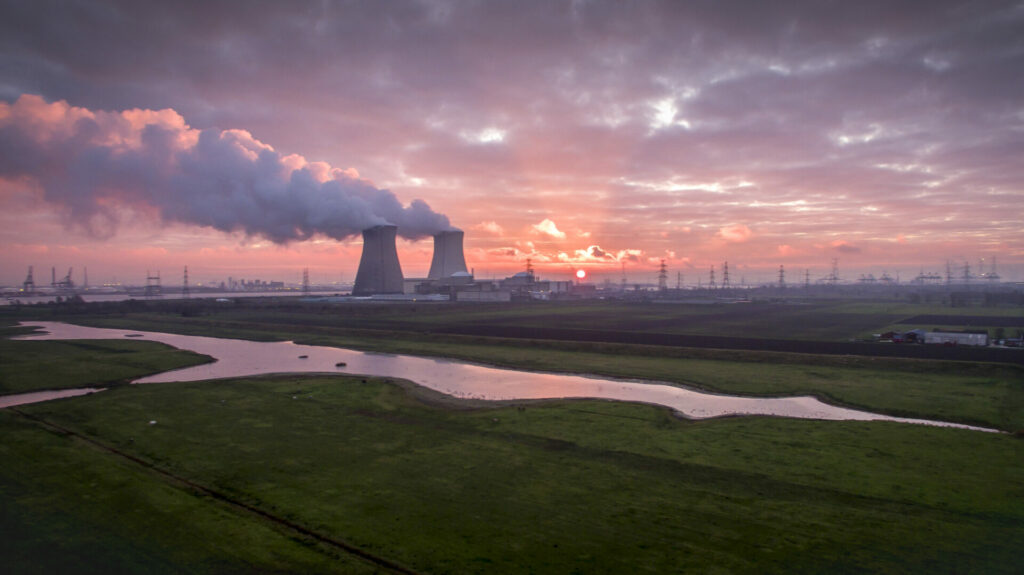Belgium's Federal Energy Commission is in the final stages of agreeing on the ten-year extension of its two newest nuclear reactors, Doel 4 and Tihange 3 before a vote will be held to conclude the process.
But the nuclear debate is proving divisive to the bitter last, with several parties in the opposition suggesting discussions should be extended into the next legislative term. Key objections stress that a number of public institutions (including the CREG, Belgium's electricity and gas regulator) have not yet had the opportunity to give feedback on the four main proposals surrounding the nuclear extension.
This includes the crucial agreement between the Belgian State and Engie, which comes after lengthy negotiations.
The Vivaldi coalition is preparing to wrap up a saga that has been one of the defining issues of its mandate. Whilst Belgium had planned to phase out its nuclear production in 2025, Russia's invasion of Ukraine and the resulting energy crisis made this unfeasable, forcing ministers to reconsider the nuclear question in the interest of energy supply.
Federal Energy Minister Tinne Van der Straeten confirmed that there has been "a paradigm shift in how we view the energy sector". She added that technical limitations and political tensions have influenced the question of how to secure the national energy supply.

Doel nuclear power plant at Port of Antwerp. Credit: Belga
In recognition of the compromises that the Government has made in re-opening the door to nuclear power, coalition member Servais Verherstraeten (CD&V) thanked his Vivaldi colleagues – specifically the greens – for having the "courage" to support the extension of the two reactors. "Nuclear energy is inevitable," he emphasised. "This decision is essential."
However, opposition MPs from the N-VA, PTB and Les Engagés are pushing for the deal to be reviewed by public regulators before a final vote by MPs, due to take place before 8 May.
Whilst a majority of MPs voted to push ahead with proceedings, notable opposition has come from the former Energy Minister Marie-Christine Marghem (MR), who plans not to back all the proposed documents. Marghem was vocal in her criticism of the agreement with Engie, specifically the "polluter pays" principle.
As well as filing amendments that would allow for the construction of new nuclear plants, she has favoured extending Doel 4 and Tihange 3 by 20 years instead of 10.
Related News
- Belgium in Brief: The billion-euro nuclear paradox
- Europe's green future depends on saving the energy debate from a 'dogmatic sect'
- Belgium's green energy ambitions: Could we really go without fossil fuels?
Among Green party members tensions were also high: "These negotiations (with Engie) have proven it is not enough to simply flick the ‘On’ or ‘Off’ switch or amend a document to extend for 20 years rather than 10. It's unrealistic to tell citizens that a reactor can be extended with a snap of the fingers," said Samuel Cogolati (Ecolo-Groen).
The shadows of the Swedish majority resurfaced. In the last legislative term, the Michel government was divided over the extension of the two newest reactors, and did not proceed further than Doel 1 and 2. Since then, nuclear energy has gained more support. “We’ve lost much time, not just under this legislative term,” lamented Georges Dallemagne (Les Engagés). Centrists have submitted amendments echoing those of Ms Marghem. “Today, in this parliament, there is a majority wanting to go further, but once more, we will continue to waste time.”

